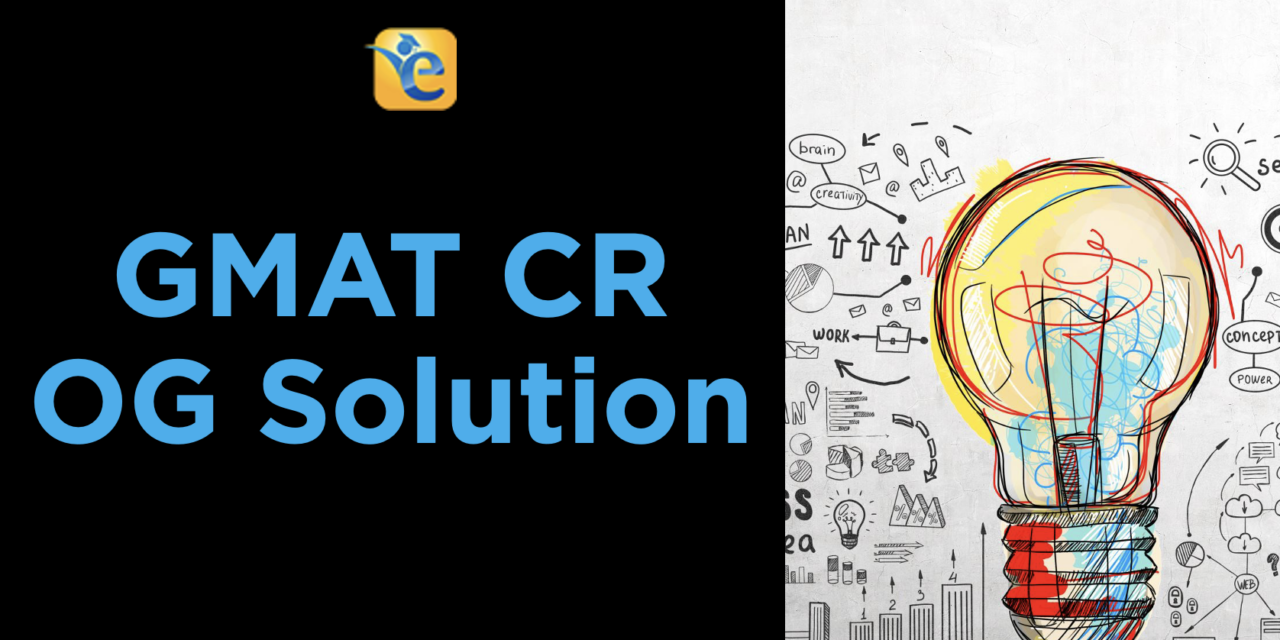Springfield Fire Commissioner: The vast majority of false fire alarms are prank calls made anonymously from fire alarm boxes on street corners. Since virtually everyone has access to a private telephone, these alarm boxes have outlived their usefulness. Therefore, we propose to remove the boxes. Removing the boxes will reduce the number of prank calls without hampering people’s ability to report a fire.
Which of the following, if true, most strongly supports the claim that the proposal, if carried out, will have the announced effect?
- The fire department traces all alarm calls made from private telephones and records where they came from.
- Maintaining the fire alarm boxes costs Springfield approximately $5 million annually.
- A telephone call can provide the fire department with more information about the nature and size of a fire than can an alarm placed from an alarm box.
- Responding to false alarms significantly reduces the fire department’s capacity for responding to fires.
- On any given day, a significant percentage of the public telephones in Springfield are out of service.
Solution
Passage Analysis
| Springfield Fire Commissioner: The vast majority of false fire alarms are prank calls made anonymously from fire alarm boxes on street corners. | From this statement we get to know:
(1) The author of the argument = Springfield Fire Commissioner (2) The author observes that most of the false fire alarms are actually trick calls made by unknown people from fire alarm boxes. |
| Since virtually everyone has access to a private telephone, these alarm boxes have outlived their usefulness. | In this statement, the author says that because most of people now have personal telephones, the alarm boxes (from which people make trick calls) are not useful anymore. |
| Therefore, we propose to remove the boxes. | In this statement, the author concludes that the boxes should hence be removed. |
| Removing the boxes will reduce the number of prank calls without hampering people’s ability to report a fire. | In this statement, the author further supports his conclusion that the decision to remove the fire alarm boxes will not reduce people’s ability to report fire but will in fact reduce the number of trick calls. |
Loved the solution? Take a free trial to get unlimited access to concept files, live sessions, and practice questions. For any strategic advice for GMAT or MBA Admissions, write to us at acethegmat@e-gmat.com. We are the most reviewed GMAT prep company on GMATClub with more than 2400+ reviews
Pre-thinking
In this question, we need to find a strengthening choice. In order to pre-think possible strengthening choices, let’s get the gist of the given prompt.
The conclusion of the argument: …remove the fire alarm boxes
Reason/support for conclusion: no fire alarm boxes = (1) reduction in trick calls and
(2) people can still report fires from personal telephones
Now if someone offered this plan to you, what would be your natural rebuttal to it? Most probably you would say that what if people started making trick calls from their personal phones? This is a valid concern as it is based on one of the central assumptions of the argument that people will not be inclined to make trick calls from personal telephones. Therefore, if we can somehow validate this assumption, we can easily strengthen the argument. So a possible strengthening choice could be:
- Calls made from private phones can easily be traced back to the callers.
Notice how viable the solution to remove the fire alarm boxes seems now. This strengthening choice takes care of a possible pitfall in the author’s plan. Also note that one of the reasons that the author proposed the plan was that the false alarm calls were made by anonymous/unidentified people. In the presence of the given strengthener, people cannot make anonymous calls from their personal phones. Our strengthening choice takes care of this aspect as well.
With this pre-thinking, let’s move on to the answer choice analysis.
Analysis of Option Statements
| This is the correct option. This answer choice is on the same lines as our pre-thought answer. If the fire department keeps a record of the alarm calls made from private telephones with respect to the identity of the caller, then the plan has more chances of becoming a success. This is because people will be scared/discouraged to make trick calls from their personal phones as they may fear that the fire department can identify them and hold them responsible for creating mischief. |
| This option is incorrect. It is completely out of scope. The author never mentions any monetary factor while making his proposal to remove the fire alarm boxes. Hence, we cannot strengthen the argument by bringing out an aspect that may not be of any significance to the author. |
| This option is incorrect. It is beyond the scope of the argument. As per this choice, a fire reported from a telephone call may be more informative than a fire reported from an alarm box. However, the purpose behind the author’s proposal is to reduce the magnitude of trick calls without reducing people’s ability to report fires. The author is not concerned with the quality of the alarm calls made.Hence, this answer choice does not support the author’s proposal and is, therefore, not the correct answer choice. |
| This option is incorrect. According to this choice, there will be benefits from reducing the magnitude of false alarms. Well, that is true, but does this choice give us any reason to increase our belief that the proposed plan will work, that removing the fire-alarm boxes will cut down trick calls without reducing people’s ability to report fires? No it doesn’t. Therefore, this answer choice does NOT SUPPORT the reasoning/logic of the author. Hence, this is not the correct answer choice. |
| This option is incorrect on two accounts:
(1) First of all this choice talks about public telephones, whereas the author’s logic only takes into account private phones. Hence, this choice is out of scope. (2) Even if we somehow try to relate this choice to the argument, then at best this choice weakens the argument rather than strengthening it. This is because if people can’t access telephones then their next best bet would be to report a fire from an alarm box. But as per the proposed plan, the alarm boxes are to be removed. This means that ultimately people’s ability to report fire will be reduced. This is against the logic of the argument. Hence, this answer choice is not correct. |
Loved the solution? Take a free trial to get unlimited access to concept files, live sessions, and practice questions. For any strategic advice for GMAT or MBA Admissions, write to us at acethegmat@e-gmat.com. We are the most reviewed GMAT prep company on GMATClub with more than 2400+ reviews











